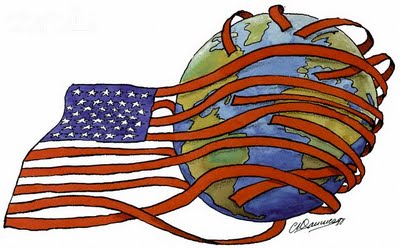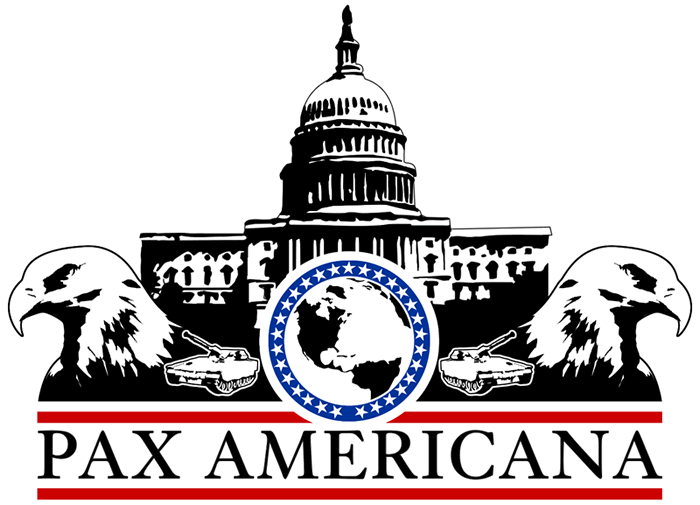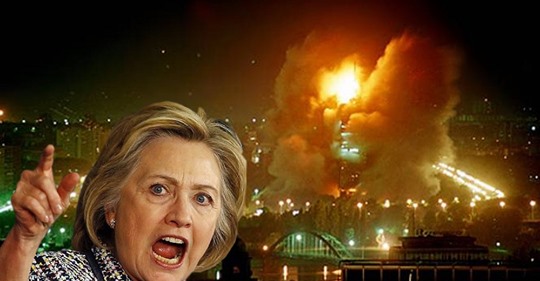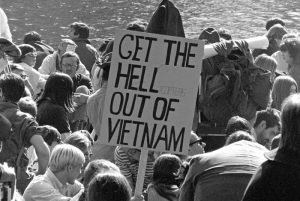
Views: 1550
A hegemonic power never says sorry.
Three recent episodes underscore this truism.
When US President Barack Obama offered a floral wreath at the cenotaph of the Hiroshima Peace Memorial Park on 27 May 2016, some peace advocates in the United States, in Japan and in other parts of the world hoped against hope that he would say “sorry” for the Atom bomb that the then US President, Harry Truman, had ordered to be dropped over Hiroshima on the 6th of August 1945. The deadly bomb claimed 140,000 lives. Three days later a second Atom bomb destroyed the city of Nagasaki killing another 80,000.
There is a view advanced by a number of scholars and activists that based upon documentary analysis Japan had already indicated to the US Military Command in the Pacific a couple of months before 6th August that it was prepared to surrender if there were some safeguards for the position of the Japanese Emperor. But the US leadership wanted to demonstrate to the world — and particularly to the Soviet Union — its military superiority which it was determined to exploit to the hilt in the post- war world that it hoped to shape and lead.
Of course, the vast majority of the US populace fed on State propaganda over decades is convinced to this day that it was the bombing that brought the war to a close. Since it was a military decision that was justified, in their reckoning, there is no need to apologise for the mass murder. Obama’s refusal to say sorry was in that sense a reflection of the public mood and mentality.
But more than an apology, it is Obama’s failure to work sincerely towards a nuclear weapons free world that is the most damning indictment on the man and his administration. A few months after he became President, in a stirring speech in Prague in April 2009, he pledged to strive to achieve a world without nuclear weapons. Not only has he been slower than his three predecessors in “reducing nuclear weapons but he has initiated a trillion dollar effort to upgrade America’s entire nuclear arsenal and delivery systems.” It is this that renders his remarks at Hiroshima where he again spoke about the obligation of leaders to pursue a world without nuclear weapons, hollow and hypocritical.
 Just before his trip to Japan, Obama also visited Vietnam a country that the US had attacked brutally in the sixties and seventies allegedly in order to stop the advance of communism. What the US fought against was essentially a nationalist movement which had defeated its French coloniser and was in no mood to yield to another imperial power. As a result of Vietnamese resistance to the US ground and air war, more than 3 million Vietnamese and a million Cambodians and Laotians were killed.
Just before his trip to Japan, Obama also visited Vietnam a country that the US had attacked brutally in the sixties and seventies allegedly in order to stop the advance of communism. What the US fought against was essentially a nationalist movement which had defeated its French coloniser and was in no mood to yield to another imperial power. As a result of Vietnamese resistance to the US ground and air war, more than 3 million Vietnamese and a million Cambodians and Laotians were killed.
Like Presidents Bill Clinton and George Bush Junior who had also visited Vietnam earlier, Obama saw no reason to apologise to the Vietnamese people. How could a hegemonic power that was vanquished by a technologically weaker foe apologise for the incredible atrocities committed in the course of the war? The hubris of a hegemon would not allow for such a humiliation.
Besides, the Vietnamese government itself did not seek an apology partly because it was engrossed in rebuilding the country after two devastating wars. It was its goal of economic reconstruction that compelled Hanoi to turn to the market system especially since China, its ally during its resistance against the US, had also in 1978 chosen to adopt certain capitalist measures in its bid to transform its economy.
There is yet another aspect to Vietnam’s relationship with China which explains to an extent why an apology from the US is not on its agenda. Vietnam and China have clashed in the past. They fought a brief war in 1979. Chinese dynasties had exercised a degree of control over Vietnam centuries ago. Fear of Chinese dominance is one of the reasons why Hanoi has assiduously cultivated good relations with Washington for more than three decades now.
Initially these ties were largely economic culminating in Vietnam’s membership of the Trans-Pacific Partnership Agreement. Now a military dimension is beginning to emerge. US military vessels have begun to visit Cam Ranh Bay. And, during Obama’s recent trip he lifted the ban on US arms sales to Vietnam. It is obvious that the US regards Vietnam as an important player in its bigger agenda of containing China. Given this situation, there is no way that any Vietnamese leader is going to demand that the US apologises for the pain and suffering it caused his people in the past.
Vietnam would be a classic case of how geopolitics and economics have trumped moral principles in bilateral relations.
This brings us to our third episode. On 1st July 2015 Obama announced the restoration of formal diplomatic relations with Cuba, after a break of 54 years. However, the US will continue to maintain its commercial, economic and financial embargo of Cuba which makes it illegal for US corporations to do business with the island of 11 million people off the US coast.
The US had cut off ties with Cuba in 1961 mainly because it chose, after a popular revolution in 1959, to chart its own independent path to the future guided by Marxist Thought. In the decades that followed, US administrations went all out to crush the Cuban Revolution. Apart from a severe embargo, they sponsored a failed invasion, terrorist attacks on hotels in Havana, the downing of a Cuban airplane and countless attempts to assassinate the leader of the Revolution, Fidel Castro.
It is perhaps not surprising that when diplomatic relations were re-established, the US leadership was not contrite about the terrible injustices of the past. One has come to expect this sort of behaviour from the military superpower of the day. It is the embodiment of the arrogance of power.
Cuba has not pressed for an apology. Its immediate concern is to get the embargo lifted and to persuade the US to return Guantanamo Bay where the US has a naval base, to Cuba.
From our three episodes, it appears that various factors are responsible for the unwillingness of the US leadership to say sorry to a nation or a people for past wrongdoings. Hubris arising from its hegemonic power is undoubtedly a significant factor. This is why hegemonic power at the global level has to end if that five letter word is to come out of the lips of the hegemon.
Originally published on 2016-06-20
About the author: Dr. Chandra Muzaffar is the President of the International Movement for a Just World (JUST).
Origins of images: Facebook, Twitter, Wikimedia, Wikipedia, Flickr, Google, Imageinjection, Public Domain & Pinterest.
Read our Disclaimer/Legal Statement!
Donate to Support Us
We would like to ask you to consider a small donation to help our team keep working. We accept no advertising and rely only on you, our readers, to keep us digging the truth on history, global politics and international relations.
[wpedon id=”4696″ align=”left”]
FOLLOW US ON OUR SOCIAL PLATFORMS









